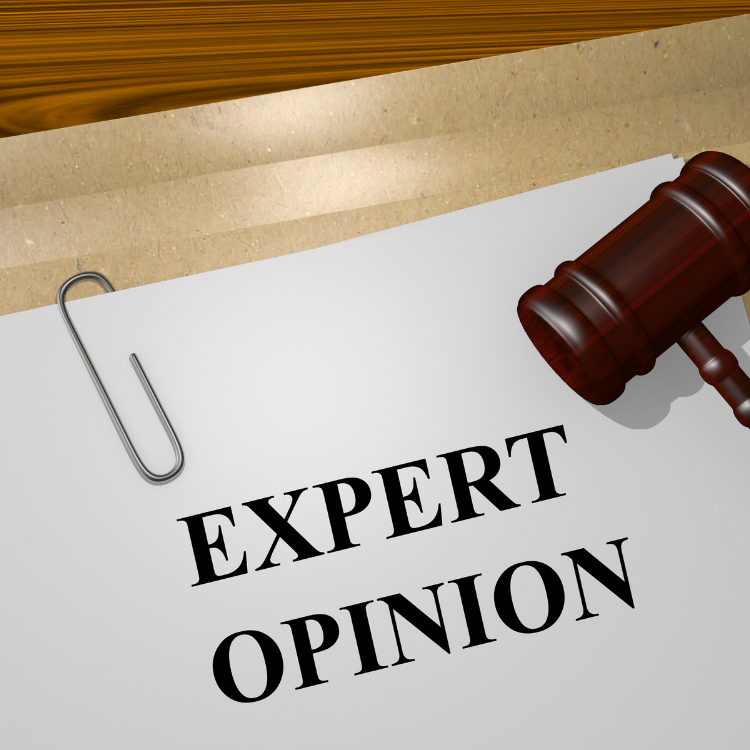Expert Opinion on Alternative Dispute Resolution (ADR)
Alternative Dispute Resolution (ADR) is not just a legal mechanism—it’s a philosophical shift in how we approach conflict. Rather than treating disputes as battles to be won, ADR reframes them as problems to be solved collaboratively. From an expert standpoint, ADR reflects the legal system’s evolution toward accessibility, efficiency, and mutual respect.
🔍 1. ADR as a Response to Systemic Strain
Traditional courts are under immense pressure—overburdened dockets, long delays, procedural complexity, and rising legal costs. ADR emerges as a strategic and humane response to these systemic challenges.
Expert View:
ADR should not be seen as an alternative to justice, but as a different path to justice—one that emphasizes restoration over punishment, and resolution over escalation.
🤝 2. Empowerment Through Participation
One of ADR’s core strengths is that it allows parties to retain agency. In litigation, outcomes are dictated by a judge; in ADR, solutions often arise from active dialogue between the disputing parties.
Expert Insight:
This shift from adversarial positioning to cooperative problem-solving can lead to more durable and satisfying outcomes, especially in disputes involving long-term relationships (e.g., family, employment, partnerships).
⚖️ 3. Contextual Justice vs. Formal Justice
Courts follow legal codes rigidly, which is necessary for consistency—but not always ideal for nuanced or sensitive situations. ADR offers a way to apply contextual justice—outcomes shaped by the real-world needs and values of the parties involved.
Example: In a community conflict, restoring social harmony might matter more than assigning blame. ADR can deliver that, while litigation might inflame tensions.
🌍 4. Global Relevance, Local Adaptation
ADR’s flexibility makes it a valuable tool across jurisdictions. From commercial arbitration in international trade to village mediation in rural areas, ADR scales across cultures and legal systems.
Expert View:
Its adaptability is both a strength and a challenge—ADR must remain anchored in principles of fairness, even when procedures vary.
🚨 5. Challenges That Demand Attention
While ADR is praised, it is not without flaws:
-
Power imbalances between parties can affect fairness.
-
Lack of formal appeal in some ADR types can be problematic.
-
Quality and training of mediators/arbitrators vary widely.
Expert Take:
To maintain trust in ADR, mechanisms for oversight, accreditation, and accountability must evolve alongside its growing use.
🎯 6. The Future of ADR: Integration, Not Isolation
The goal should not be to replace courts but to integrate ADR into the justice ecosystem as a complementary process. Courts, legislatures, and legal educators must work together to:
-
Promote ADR literacy
-
Develop hybrid models (like court-annexed mediation)
-
Encourage early dispute assessment
✅ Conclusion: A New Paradigm for Justice
ADR represents a forward-thinking model for dispute resolution—faster, less adversarial, more responsive to human needs. From an expert legal standpoint, its true value lies not only in what it resolves, but in how it transforms conflict into cooperation.
